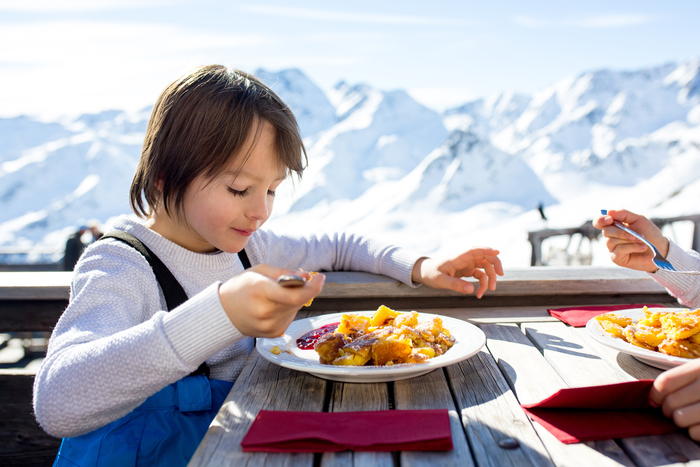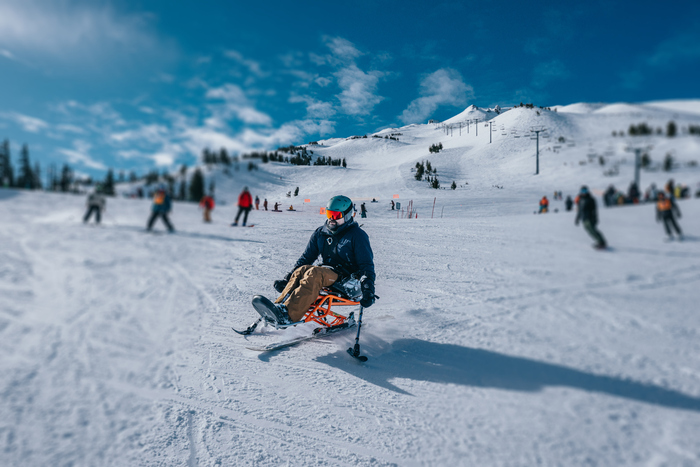Summer is coming and the desired vacations. Children park school activities and some parents may be concerned because their children stop learning through leisure, but nothing is further from reality, because the best way to learn is through play and fun. Can children learn by having fun? “Fun should not be understood as an end, but as a means. During the holidays, it is advisable to avoid the curricular loads, because the learning goes much further than the curriculum. It is advisable that, in any learning process, the child is always the protagonist through their participation in the design of the activity, as in the case of going on an excursion. It is convenient that the proposal is always directed to action or movement,such as hiking during the excursion and always being integrated into a group of colleagues or friends, where tasks are assigned to each one, such as carrying water or preparing sandwiches, as well as considering a commitment, such as collecting the garbage after the excursion ”, explains Andrés González-Bellido, author and coordinator of the Tutoría Entre Iguales (TEI) Program, psychologist, professor and professor of educational guidance.
More information
Six books that are pure fun for the little ones in the house
Boredom is necessary: eight keys so that children can manage it
For children to learn through fun, especially during vacations, which offer an ideal setting to have recreational and recreational experiences, it is convenient to promote aspects, such as those highlighted by González-Bellido:
Play as a means of learning
is the best strategy, because it is motivating for the child.
It is advisable that the game be inclusive, that it encompasses the entire group of friends or people who participate and that it is aimed at action and movement, as in the case of the game of hide and seek.
Propose different actions or activities to the child
, taking advantage of the fact that summer offers the opportunity to enjoy different scenarios, such as the beach or the mountains.
You can enjoy a sunrise or sunset shared with family or friends, since nature is an environment that facilitates learning, from the playful and the sensory.
Promote the learning of coexistence
to work on the concept of values, such as tolerance, commitment, friendship or solidarity.
Apparently, these are aspects that do not entail a curricular cognitive development, but they are fundamental to learn to live from their own experiences.
Carry out adapted activities that facilitate integration and inclusion for the whole group
Through different motivators, associated with the different senses, such as visual, auditory or tactile, in order to ensure that all participants in the activity learn through the channel that is easiest for them. The best way to internalize the theoretical part of learning is through the senses and experience, because we learn what we love, what makes us feel and renews us personally. Group sharing teaches children to develop skills to collaborate, cooperate or meet challenges, as in the case of a team sporting activity. This, in turn, ends up having repercussions in the community or society where the child lives, because he learns values, such as spontaneously assuming civic actions, such as not littering the streets or helping underprivileged people.
When parents work in the summer, what approach to do with their children?
The offer of urban summer camp activities in schools, organized by parents' associations, AMPAS, or town councils is a good option for children, while parents work during the summer holidays. “For younger children, the educational centers closest to home would be convenient, where creative activities are carried out, such as music, painting or theater or those related to sports or games. When the family is already on vacation, it is time to enjoy together, spend more time at home or at the vacation spot, engage in outdoor activities such as hiking or biking, listen carefully to them, create family reading moments, or watch movies together.They are activities that will help to create emotional bonds and common criteria on topics of interest to children and adults ”, says José Antonio Corral, teacher, psychopedagogue and Coordinator of the Tutoría Between Equals Program (TEI) in the Valencian Community, who recommends this list of 17 ideas, which circulates on the Internet, of homework proposed by a teacher in his Primary class:
See sunrise
Watch a family movie
Make fresh lemonade
Have a picnic on the beach or in the field
Go to bed one night very late
Laugh until your cheeks hurt
Make a route by bike or skating
Learn to cook with an adult
Take care of at least two household chores
Caring for a plant
Read two books and some comics
To visit a museum
Write a story or a tale
Visit a library
Make two new friends
Call or text three classmates
Enjoy your friends and family
You can follow De mamas & de papas on
,
or sign up here to receive
our weekly newsletter
.


/cloudfront-eu-central-1.images.arcpublishing.com/prisa/LP3J2SUS4JFCFPGRVUQ2GCCWLI.jpg)

/cloudfront-eu-central-1.images.arcpublishing.com/prisa/2MVHQTJHNNA55JCBXBSCMXCIPY.jpg)









